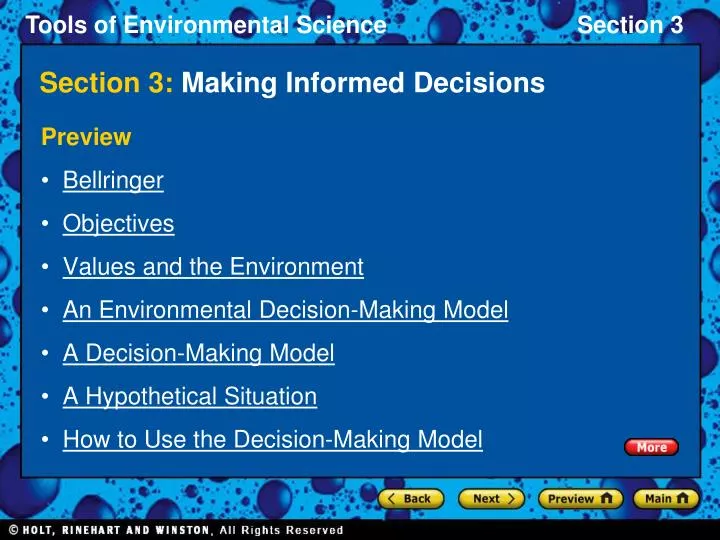


Organizations face potentially steeper consequences from such decisions. A separate survey of business decision-makers demonstrated the reality: 69% of significant business decisions were not risk-informed. When Gartner asked ERM leaders how often significant business decisions were made in their organizations without meeting key ERM criteria, these executives estimated it occurred just 23% of the time. The disconnect with how decision-makers currently operate starts with ERM executives’ own perceptions. Restoring Risk-Informed Decision-Making in 2022 Among executives responsible for significant business decisions, 64% told Gartner they have sped up their decision-making process as a result of operating in the pandemic, while 48% admitted to a less rigorous process when making these decisions. If this statistic serves as a benchmark for typical decision-maker behavior, further data shows how the level of regret could accelerate in short order: 57% of organizations have indicated that they plan to increase their risk appetite next year or had already in 2021.Īs organizations embrace a higher level of risk, those responsible for making significant business decisions have indicated they increasingly rely on “gut instinct” rather than the key criteria required for sound decision-making processes. Gartner research found that one in five senior decision-makers regretted a significant business decision within one year of making it.

In fact, heads of ERM told Gartner that their top concern for 2022 is managing talent risk, including related concerns about workforce planning and maintaining organizational culture. Despite the apparent success of an abrupt shift to remote work, an acute talent shortage and a historically high “quits rate”-which some have termed “the Great Resignation”-is now a major challenge for organizations. One example of unintended consequences arises from the new working models that many lauded throughout the pandemic.
#Informed decisions full
Bigger Decisions, Made More QuicklyĮxecutives have much to be proud of regarding the results of many quick-fire decisions and their organization’s health heading into 2022, but it is important to note that the full impacts of many of these decisions have not yet been fully realized. The apparent success-thus far-of many of these ad-hoc decisions presents ERM leaders with a key challenge moving forward: restoring process discipline before it is too late. Amid considerable information overload, senior executives faced a continuous stream of critical business decisions that required quick responses as the onset of lockdowns began, from implementing remote work policies to digitizing legacy products, services and operations. As organizations expand their risk appetite heading into the new year, enterprise risk management leaders face the prospect that their organization’s decision-makers have learned the wrong lessons from operating in the pandemic.


 0 kommentar(er)
0 kommentar(er)
